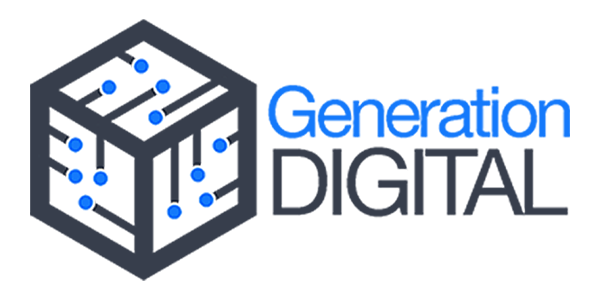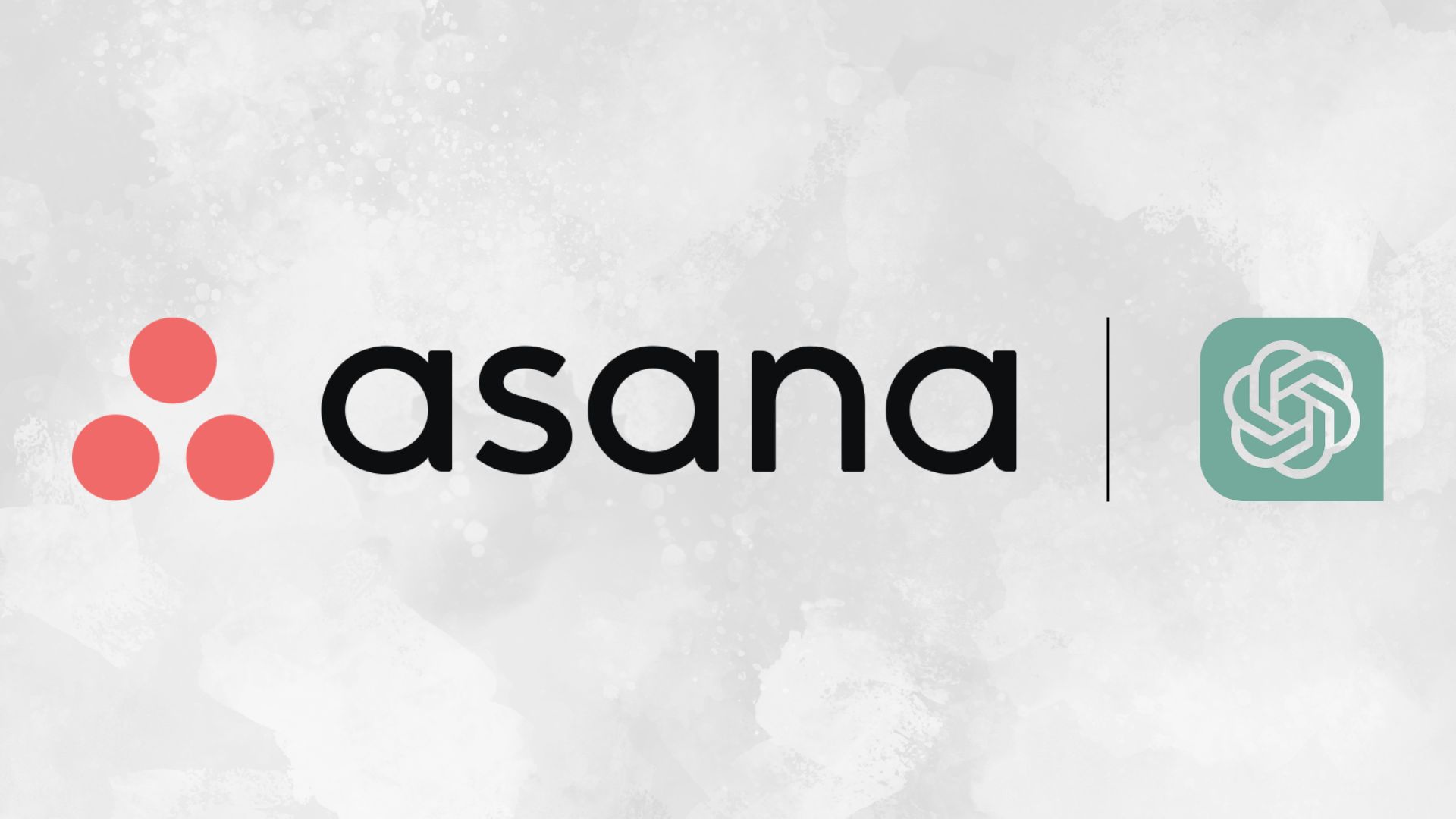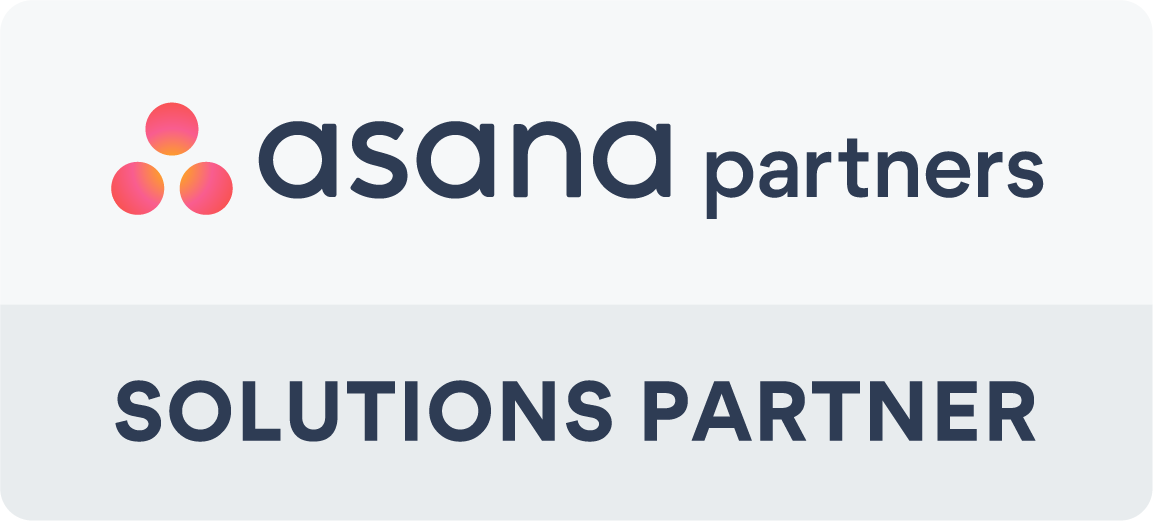The integration of AI into workplace tools has taken off – and if you’re an Asana user, there’s never been a better time to explore how you can supercharge your workflows.
For years, teams have been using ChatGPT and other AI tools alongside Asana to automate task creation, generate content, and improve productivity. But now, with Asana’s own native AI features and AI Studio, there’s a smarter, more seamless way to level up your projects – without relying on third-party hacks.
Let’s explore both routes: how to integrate ChatGPT with Asana, and why Asana’s AI tools might just be the better long-term solution.
🤖 ChatGPT + Asana: Quick Ways to Get Started
Many users turn to ChatGPT to help with things like:
-
Generating task lists from meeting notes
-
Drafting project briefs
-
Writing product descriptions or campaign copy
-
Summarising conversations for quick task creation
But how do you actually bring ChatGPT into your Asana workflow?
🔁 Option 1: Manual Copy + Paste
The simplest method: prompt ChatGPT with your request, then manually paste the output into Asana. Quick, but repetitive.
⚙️ Option 2: Zapier or Make (formerly Integromat)
You can use tools like Zapier to set up automated workflows. For example:
-
When a new email is received, send it to ChatGPT
-
Use ChatGPT to summarise the content
-
Automatically create a new task in Asana
It works, but can feel clunky, expensive at scale, and requires multiple tools.
🌐 Option 3: Chrome Extensions & Custom APIs
Some power users create their own ChatGPT + Asana workflows using custom GPTs or browser extensions. If you’re technically minded, this route gives you more control – but it’s not for everyone.
💡 But Here’s the Thing… There’s a Better Way.
Asana now offers built-in AI tools – purpose-built for your workflow, no integrations needed.
🚀 Introducing Asana’s AI Features
Asana’s native AI features can help you:
-
Auto-generate task descriptions
-
Create sub-tasks and next steps from meeting notes
-
Summarise project updates automatically
-
Spot blockers and dependencies using AI signals
-
Forecast delivery risks and suggest mitigation
All built directly into your Asana environment, securely, and aligned with your team’s context.
🔬 What Is Asana AI Studio?
Think of AI Studio as your no-code AI command centre inside Asana.
It allows enterprise teams to design, train and deploy AI agents to automate everyday tasks and enhance decision-making. You can:
-
Train agents to follow project templates
-
Automate routine work (e.g., creating project kick-off plans)
-
Build smart assistants that understand your workflows
-
Use AI to trigger actions based on custom conditions
And the best part? You don’t need to be a data scientist to use it.
AI Studio makes AI practical, accessible, and integrated – saving you the pain of managing multiple tools or cobbling together workarounds.
✅ When to Use ChatGPT, and When to Upgrade to Asana AI
| Use Case | Best Tool |
|---|---|
| Brainstorming or creative ideation | ChatGPT |
| Writing first drafts or outlines | ChatGPT |
| Automating within project workflows | Asana AI |
| Streamlining task management | Asana AI |
| Custom AI agents trained on your data | Asana AI Studio |
🎯 The Takeaway
Using ChatGPT with Asana is a great starting point. But if you’re ready to scale your team’s productivity, reduce manual admin, and unlock intelligent workflows – it’s time to explore Asana’s native AI features and AI Studio.
Let your tools do more of the heavy lifting, so your team can focus on the work that matters.
👇 Want to See Asana AI in Action?
As a Platinum Asana Partner, Generation Digital can help you:
-
Explore use cases tailored to your teams
-
Set up AI-powered workflows
-
Unlock value with AI Studio
Ready to see more? Book a consultation with one of our Asana specialists!
Digital Transformation Collaboration AI Asana Future of Work AI Studio




